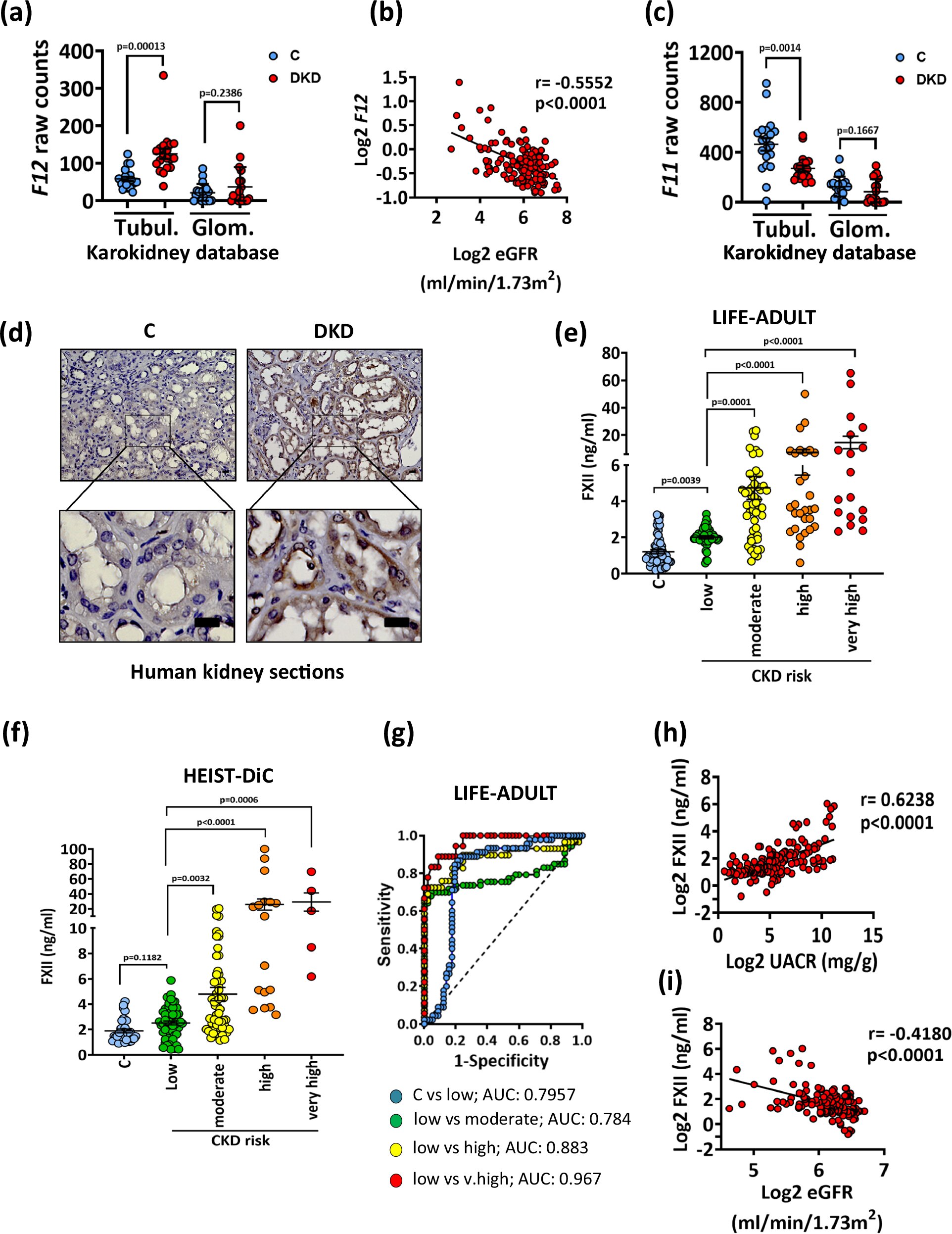Researchers at University of California San Diego School of Medicine have found a significant increase in cannabis use among adults with diabetes in the United States, raising concerns about the potential impact on their health outcomes. The new study, which analyzed nationally representative data from the 2021-2022 National Survey on Drug Use and Health (NSDUH), estimated that 9.0 percent of adults with diabetes used cannabis in the past month, with a 33.7 percent increase in prevalence — from 7.7 percent to 10.3 percent — between 2021 and 2022.
The findings raise concerns about the health consequences of cannabis use among people with diabetes. Previous studies have found cannabis use to be associated with adverse cardiovascular outcomes, to which people with diabetes are already vulnerable.
The researchers note that the use of cannabis among adults with diabetes may be driven by its perceived therapeutic benefits, including insomnia and pain relief for neuropathy. Additionally, the legalization of cannabis in multiple states has resulted in increased access to cannabis products, leading many people with chronic illnesses to turn to cannabis as an alternative means to manage their symptoms.
The study also found that individuals with diabetes who engaged in other substance use, such as tobacco use, binge drinking and misuse of opioids and stimulants, were more likely to have used cannabis. Use of these additional substances could further exacerbate the health risks associated with diabetes and also emphasize the importance of addressing polysubstance use among adults with diabetes.
The study’s findings highlight the need for health care providers to screen for cannabis use among their patients with diabetes and to educate them about the potential risks and benefits of its use. Further research is also needed to understand the effects of cannabis on diabetes outcomes and to develop evidence-based guidelines for its use in this population.
The study published on July 22, 2024 in Diabetes Care and was led by Benjamin Han, M.D., M.P.H, associate professor and associate chief of research in the Division of Geriatrics, Gerontology and Palliative Care, Jeremy Pettus M.D., associate professor in the Division of Endocrinology & Metabolism, and Alison Moore, M.D. M.P.H., professor and chief of the Division of Geriatrics, Gerontology and Palliative Care and director of the Sam and Rose Stein Institute for Research on Aging and the Center for Healthy Aging.


